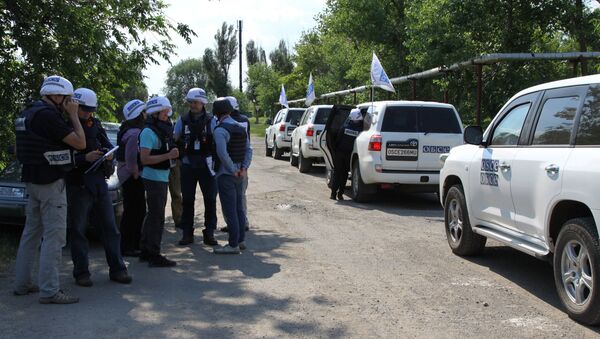"The Committee, first of all, should unify the legislation of the countries of the OSCE area in terms of defining terrorism and unifying legislation in particular, when it comes to an extradition of people between states on suspicions of involvement in terrorist activities. Today one counties consider them as those, who represent national liberation movements and refuse their extradition. If those recommendations of the committee are adopted by the OSCE members, in that case we may think of adopting an unified arrest warrant," Kovalev said.
According to Kovalev, the code should be based upon counterterrorism conventions of the United Nations, the Council of Europe and similar documents of the regional and sub-regional blocs within the political expanse of the Assembly.
The development of the code should be followed by the creation of an international penitentiary system of the assembly's member states for those sentenced under the assembly's code, the lawmaker stressed.
Kovalev proposed a draft resolution on "strengthening the role of the OSCE in countering terrorism," where he stressed the crucial role of parliaments in helping to counter terrorism and called on the OSCE states to take a decisive action to neutralize the threat posed by the propagation of the ideology of terrorism on the Internet and the social media.
On Wednesday, the 26th Annual Session of the OSCE PA kicked off in the Belarusian capital bringing together about 300 delegates from North America, Europe and Asia. The delegates are expected to focus on security, counterterrorism, climate change and human rights issues during the five-day debate.



